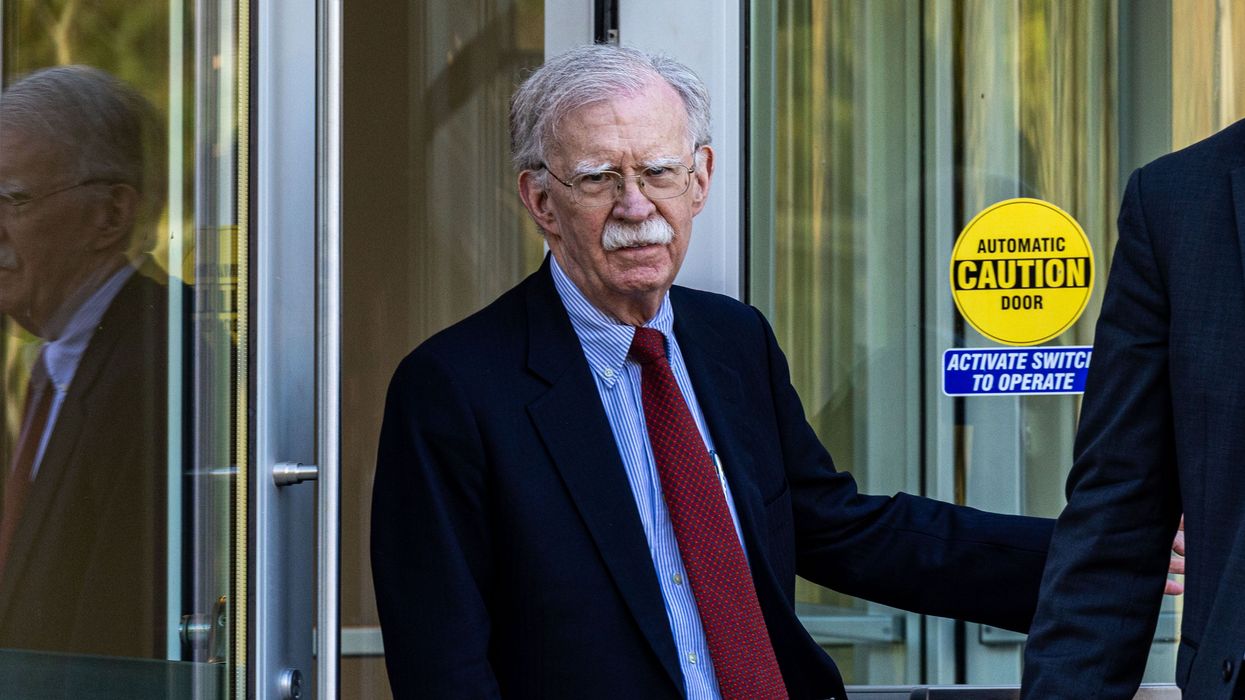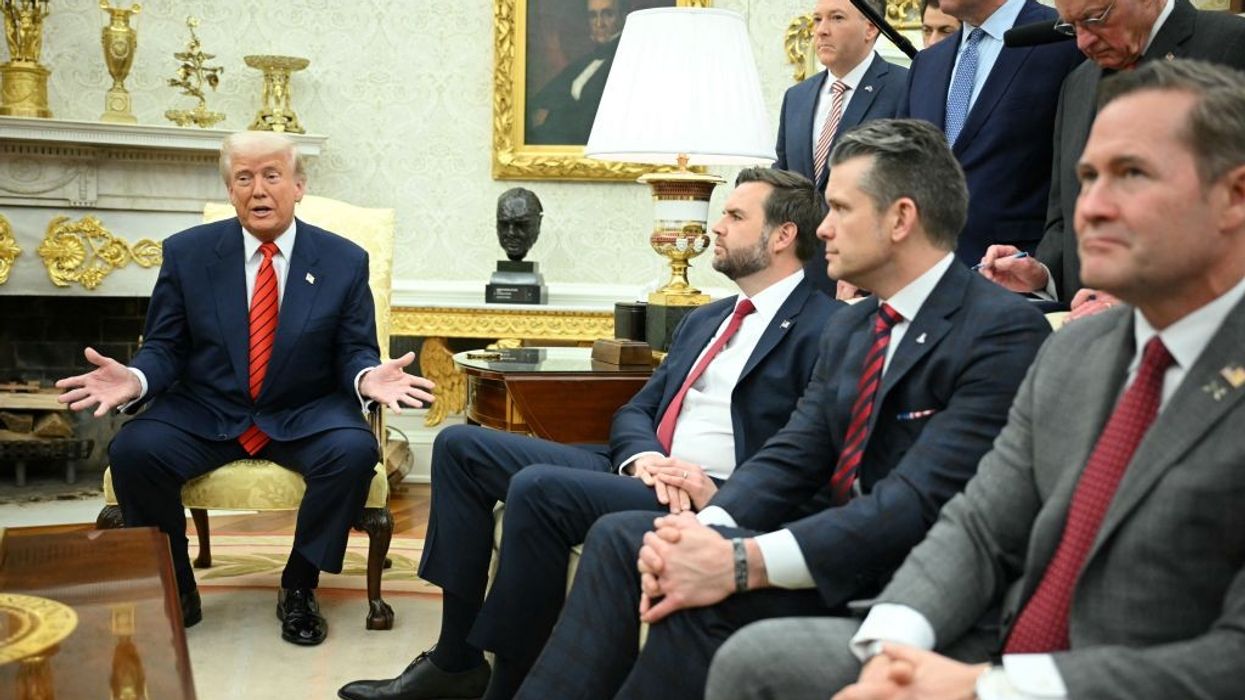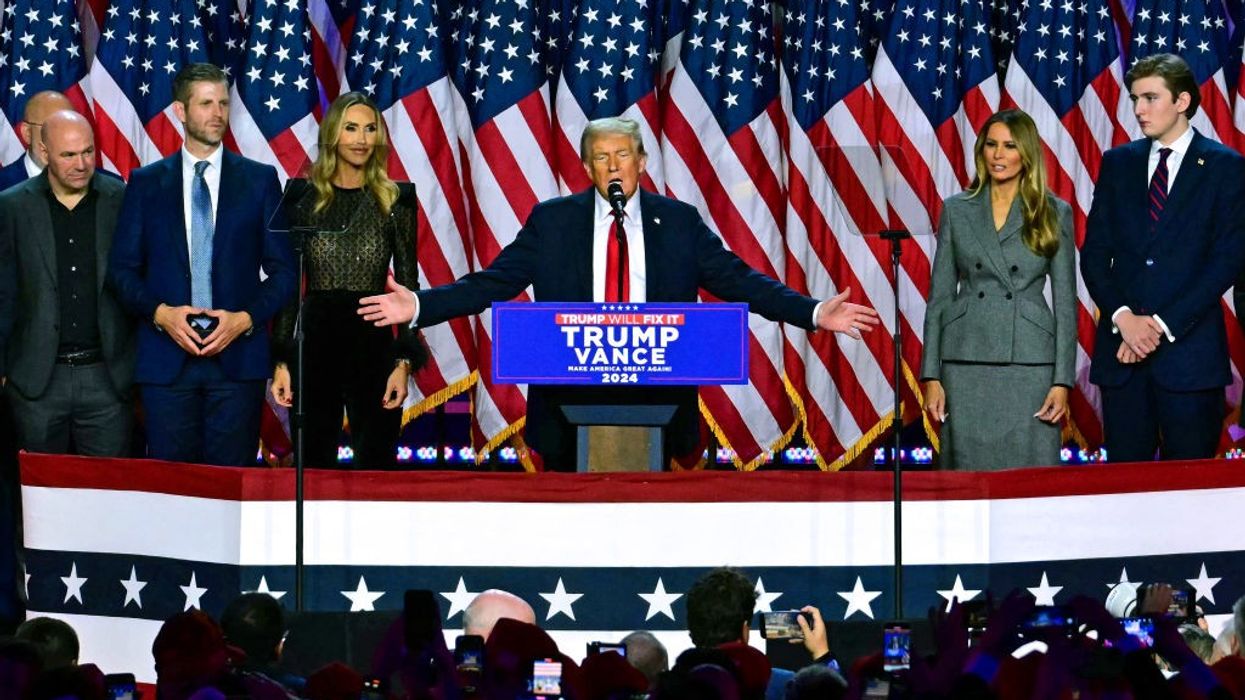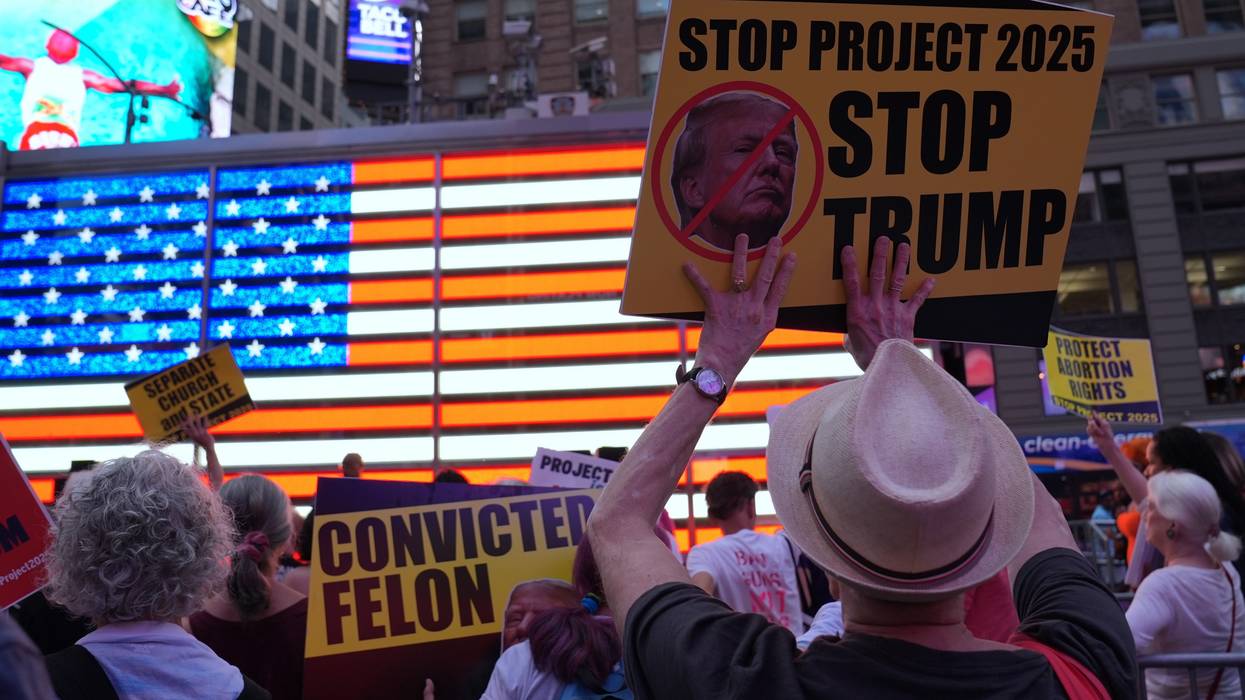Indictment of Ex-Trump Adviser John Bolton Called a 'Warning Shot to Every American'
The indictment has been condemned as part of the president's crackdown on his "enemies list," but some legal experts are also highlighting how the case differs from those of Letitia James and James Comey.
While critics of John Bolton have long called for him to be tried at the International Criminal Court, the federal indictment of President Donald Trump's ex-national security adviser on Thursday is generating widespread alarm.
Bolton surrendered at a courthouse in Greenbelt, Maryland Friday morning after a federal grand jury returned an indictment charging him with violating the Espionage Act—specifically 18 counts of unlawfully retaining and transmitting national defense information. If convicted, he could spend the rest of his life in prison. He has pleaded not guilty.
When former Federal Bureau of Investigation Director James Comey was indicted last month, Trump pledged that "there'll be others." Then Democratic New York Attorney General Letitia James—who successfully prosecuted the president for financial crimes—was indicted last week. Critics accuse Trump of weaponizing the US Department of Justice (DOJ) against his enemies.
Some of the reactions to Bolton's indictment were similar, including from the 76-year-old himself, who served in not only Trump's first term but also the Reagan and both Bush administrations. He said in a lengthy statement that "Donald Trump's retribution" against him began when he resigned from the president's first administration and began publicly criticizing him.
"Now, I have become the latest target in weaponizing the Justice Department to charge those he deems enemies with charges that were declined before or distort the facts," Bolton said. "These charges are not just about his focus on me or my diaries, but his intensive efforts to intimidate his opponents, to ensure that he alone determines what is said about his conduct."
"Dissent and disagreement are foundational to America's constitutional system, and vitally important to our freedom," added Bolton, a longtime advocate of regime change in other countries. "I look forward to the fight to defend my lawful conduct and to expose his abuse of power."
Bolton's lawyer is Abbe Lowell, who is also representing James and Lisa Cook, whom Trump is trying to oust from the Federal Reserve's Board of Governors. His former clients include the president's daughter, Ivanka Trump, and her husband, Jared Kushner. Lowell said that "like many public officials throughout history, Ambassador Bolton kept diaries—that is not a crime."
Co-chairs of the Not Above the Law coalition—Praveen Fernandes of the Constitutional Accountability Center, Kelsey Herbert of MoveOn, Lisa Gilbert of Public Citizen, and Brett Edkins of Stand Up America—connected Bolton to James and Comey in a Friday statement:
Three indictments in three weeks. Three Trump critics. Three prosecutions designed to intimidate anyone who dares challenge this president. Three people who were on Trump's "enemies list." The pattern is undeniable: Speak out against Trump, become a target of the DOJ.
The message from this administration couldn't be clearer: Loyalty gets rewarded, dissent gets investigated. While Trump's handpicked prosecutors work overtime delivering indictments against his critics, actual threats to American safety go unaddressed.
A Department of Justice that acts in service of presidential revenge rather than public safety threatens democracy itself. This isn't just about Bolton—it's a warning shot to every American that dissent now comes with the threat of prosecution.
Congress has a constitutional duty to intervene, restore DOJ independence, and end this dangerous abuse of law enforcement before more lives are destroyed for political purposes.
However, University of Alabama law professor and former US attorney Joyce Vance argued on Substack Friday that the Bolton indictment "is entirely different" from those against Comey and James in the Eastern District of Virginia, pointing out that "the US attorney in Maryland is a career prosecutor. But she didn't go into the grand jury to obtain the indictment. It's signed off on by two senior prosecutors in her office as well as lawyers from DOJ's National Security Division."
"Instead of the factually deficient indictments we've seen in the other cases, this is the sort of detailed indictment we are used to seeing in a serious matter," she highlighted. "There is undoubtedly truth to the allegation that Donald Trump wanted Bolton prosecuted. But the intervening layer of professional prosecutors here, people who assessed the case and the evidence and decided there was enough to move forward, may make it difficult to win a selective prosecution argument."
"In the Comey and James cases, experienced prosecutors declined to bring the cases, and the US attorney sacrificed his job for principle. The cases were only brought because Trump dropped in a loyalist to replace him," Vance added. "Here, unless Bolton has some evidence that these prosecutors did not proceed professionally, he may not have a winnable legal argument."
CNN's Aaron Blake published a similar analysis early Friday. Blake also noted that in 2020, US District Judge Royce Lamberth, a Reagan appointee, "ruled in Bolton's favor in a civil case stemming from a dispute with the Trump administration over the publication of Bolton's book. But Lamberth otherwise excoriated Bolton for his handling of classified information."
Meanwhile, Chip Gibbons, policy director of Defending Rights & Dissent, used Bolton's indictment to call for broader reforms on Friday. He began by noting that "John Bolton is an unrepentant war criminal and one of most odious national security hawks in Washington. As part of his antipathy for press freedom, whistleblowers, and anyone who challenges the national security state, he called for both Chelsea Manning and Edward Snowden to be executed for exposing abuses of power by our government."
"Similarly, he called for journalist Julian Assange to get 'at least 176 years in jail' for publishing truthful information about US war crimes," Gibbons explained. "Now, Bolton, like Manning, Snowden, and Assange has been indicted under the Espionage Act."
"We at Defending Rights & Dissent were one of the leading voices in Washington in support of Manning, Snowden, and Assange. And we remain the leading voice on reforming the Espionage Act so it can no longer be used to prosecute courageous whistleblowers and journalists," he said. "As part of our reform proposal, we advocated the Espionage Act be amended to require the government to prove a defendant intended to harm the national security of the US."
"Nothing in the indictment of Bolton indicates the government believes Bolton had that level of intent," Gibbons stressed. "As a result, we do not believe Bolton should be indicted under the Espionage Act. This is the same position we took regarding Donald Trump, who himself has been responsible for abusing the Espionage Act to silence journalists and whistleblowers."
"The Espionage Act is an overly broad, archaic law. As a result, it is ripe for selective, politically motivated enforcement. It is for these reasons that Bolton championed it as a tool for political persecutions against whistleblowers and journalists. And it is for this reason the Trump administration has chosen it as a tool for their petty retaliation against a national security hawk who shares much of their views on the use of the Espionage Act," he concluded. "Enough is enough. It is well past time to reform the Espionage Act once and for all."



